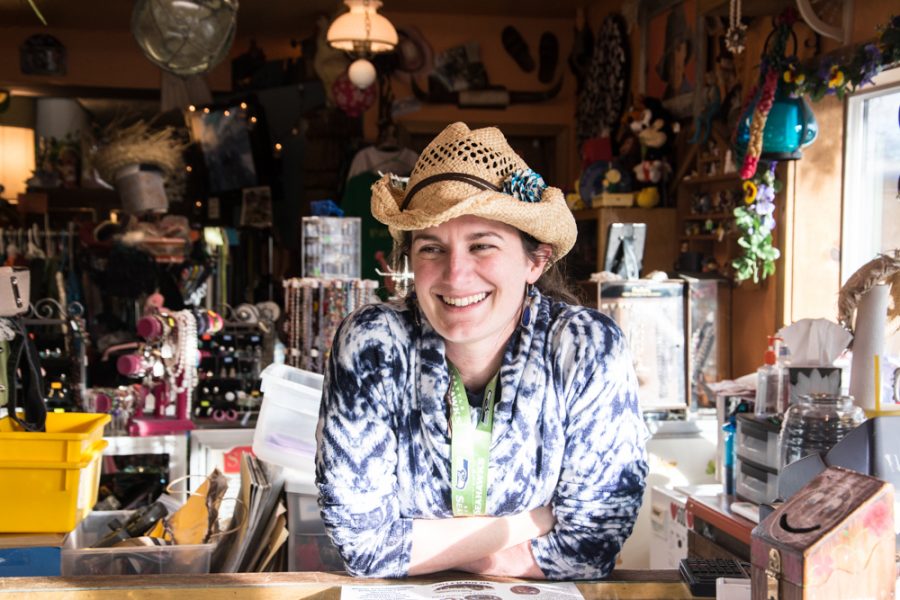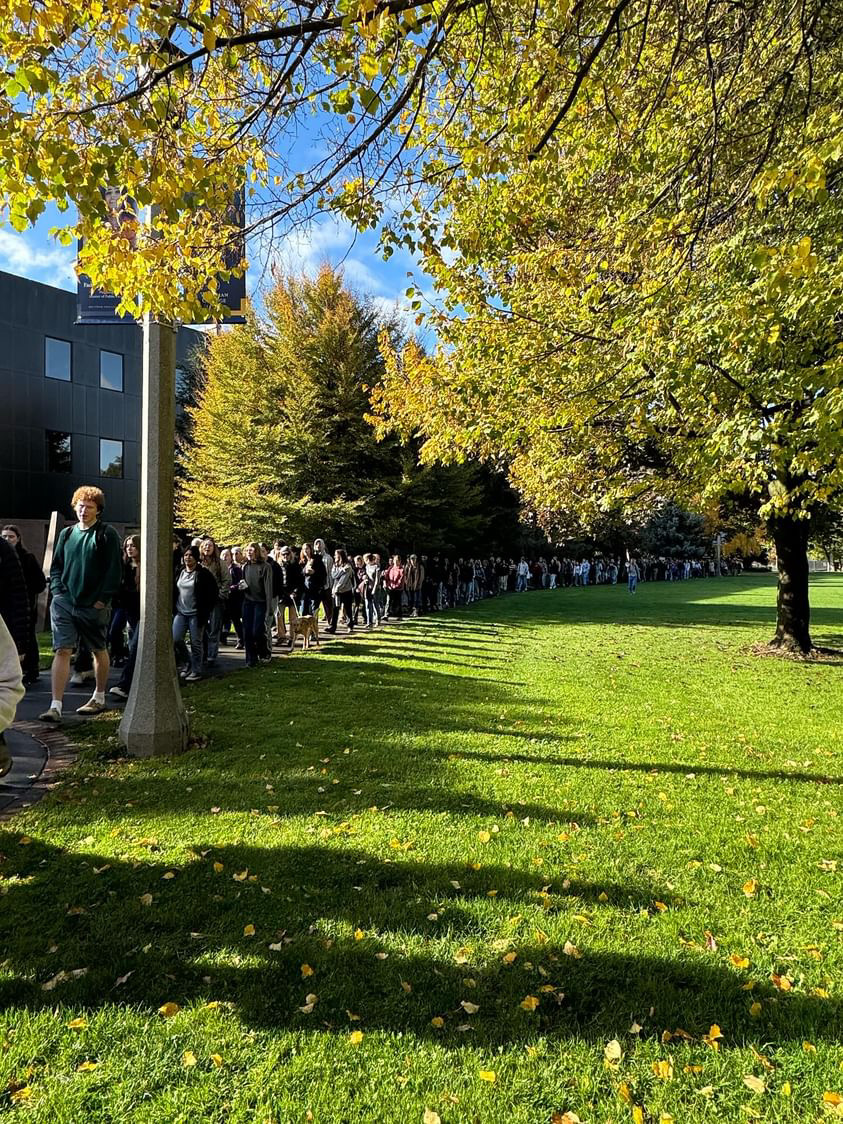Turn on the news or peruse online and there is a very good chance you’ll see something about Hillary Clinton’s possible-and inevitable, to some-bid for the presidency in 2016.
In 2008, Clinton-a U.S. senator at the time-ran an unsuccessful campaign for the Democratic presidential nomination, but because of the amount of support she received and how close she came to clinching the nomination, she forged a clear path for future female presidential candidates, proving that women could indeed be serious contenders for the highest office in the land.
Clinton is by no means the only female presidential candidate being discussed for 2016. Women in both the Democratic and Republican parties have had their names tossed around as possibilities. An article on CBSNews.com mentions several of these names: Sens. Kirsten Gillibrand, D-N.Y., Amy Klobuchar, D-Minn., Kelly Ayotte, R-N.H., and Govs. Nikki Haley, R-S.C., Susana Martinez, R-N.M., Mary Fallin, R-Okla., and Janet Napolitano and Kathleen Sebelius, who are both cabinet secretaries. Clinton, however, is the biggest name among them.
Now that President Barack Obama is into his second term, Clinton is widely considered to be the frontrunner in the 2016 presidential race, despite the fact that she has yet to announce that she is even running.
This brings up the question: why is Clinton so prominent in the 2016 discussion? Furthermore, is it because she is Hillary Clinton or is it because she is a woman?
The latter is an interesting question to consider. Part of the reason for Clinton’s 2016 presidential predictions may be due to the amount of support she received during the 2008 campaign, and the possible opinion among Democrats that Obama has had his turn; now it is Clinton’s. But another possible reason could be that the mood of the country seems to be leaning toward readiness for a female president.
That same CBSNews.com article cites a 2012 Gallup poll that found that 95 percent of Americans would back a female presidential candidate, compared to 52 percent in 1955. But not only that: according to a poll cited by Emily’s List on their Madam President Web page, 86 percent of Americans think their country is ready for a female president. Emily’s List is an organization that aims to help elect Democratic women to public office, and the purpose of their Madam President initiative is-as it implies-to help elect a female president. On their website, they state, “It’s our time. And we’re ready.”
Simply being willing to vote for a female candidate is quite different than actually being ready for one, and it would seem that Americans are finally beginning to move beyond meager support into being ready and-dare I say-eager. I myself am of the opinion that not only are we ready, we are overdue in terms of electing a female president. That being said, I think it is important to remind ourselves that just because a woman is a woman does not mean that she is necessarily qualified to be president. That’s pretty simple logic, and essentially applies to anyone and anything. Just because I am a friendly person doesn’t mean that I am qualified to teach 1st grade, or work as a secretary. Now, I am certainly not saying that I don’t think Clinton is qualified. However, if a male candidate shows up in 2016 who I think would better serve the country as president than a female candidate such as Clinton, I will vote for that candidate. An article by The Week lists several men who are being talked about as potential 2016 candidates: Maryland Gov. Martin O’Malley (D), New York Gov. Andrew Cuomo (D), former Montana Gov. Brian Schweitzer (D), and Vice President Joe Biden. If I decide that one of them is a better fit for the office, I will vote for them.
In 7th grade, I participated in the National History Day competition, in which students research a certain historical topic and create a project based on this topic. They then compete at the regional, state, and national level with other student projects. I wrote a paper on Belva Lockwood. Belva Lockwood was the first woman lawyer to argue before the U.S. Supreme Court, and-relevant to this discussion-the first woman to run for president on a national ticket, in the 1884 and 1888 elections. Now, I could go on at great length about this fascinating woman, but I brought her up for a reason. When asked, later in life, if a woman would ever be elected president, Lockwood responded, “If [a woman] demonstrates that she is fitted to be president she will someday occupy the White House. It will be entirely on her own merits, however. No movement can place her there simply because she is a woman. It will come if she proves herself mentally fit for the position.” This quote made a huge impact on my perception of female presidential candidates, and it has influenced my thought process during each presidential election. I have come to agree wholeheartedly with Lockwood; although I am more than ready for a woman to be president of this country and am positive that there is a woman out there-perhaps it’s Clinton, perhaps it’s not-who is just as qualified as a man, I will elect her because she is qualified to be president, not solely because she is a woman.





